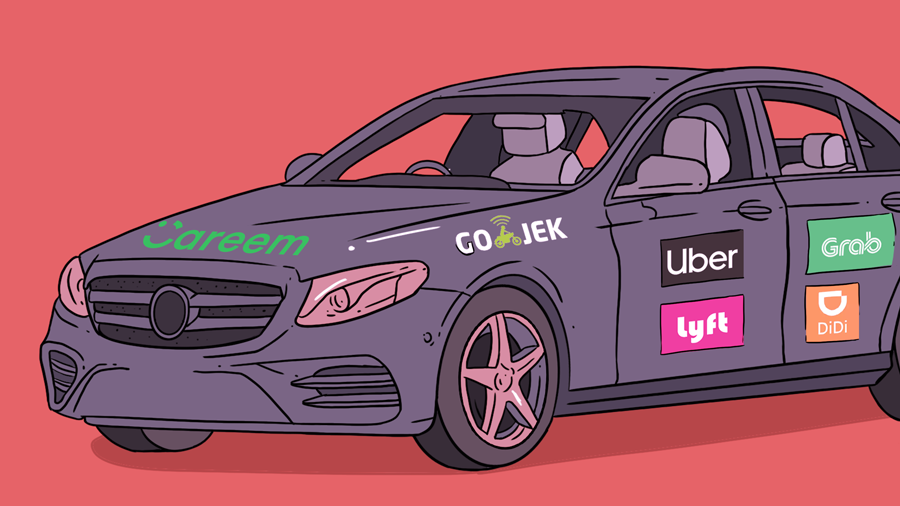Morning Markets: Ride-hailing’s pattern of raising billions of dollars continues in 2019, albeit with some new capital sources.
When Lyft went public earlier this year it added over $2.3 billion to its coffers. Uber is set to sell as much as $10 billion in stock when it debuts this quarter, although some of that total is expected to include secondary shares; Uber itself won’t sell the full ten bills, shares from existing holders will constitute a fraction of the haul. And news out this month makes it plain that Southeast-Asian ride-hailing shop Grab wants another two billion dollars this year.1
Subscribe to the Crunchbase Daily
That’s $14.3 billion in combined primary and secondary shares expected to sell this year, so far, from just three ride-hailing companies. The dollar-figure will rise, provided that Didi or GoJek or any other market category constituent returns to the trough. The full-year dollar figure for ride-hailing’s capital raises for the year should hit $15 billion in 2019; the total inclusive of Uber’s secondary offering through its IPO will be higher.
If it feels like we’ve written this post before, that’s partially correct. Our chronicling of the ride-hailing industry’s capital needs is ceaseless as the cohort keeps raising again and again for more funds.
At least until now. With Lyft’s IPO under water — Lyft is worth less than $60 per share this morning, far off its IPO price of $72 and all-time high north of $80 — and Uber’s financials boasting of slowing growth and quarterly losses in the billion-dollar range, perhaps the money won’t always be available.
That’s an argument that Bloomberg’s Shira Ovide made here, noting at the end of her piece that:
One thing that won’t change as the elite unicorns go public: They’re still wildly unprofitable and will be for some time. But from now on, fewer unicorns will be able to rely on the gushers of investor cash on which they’ve built their lush magical forests.
The magical forests quip at the end is a Bloomberg quip also used by its own Matt Levine. As in, the magical forest where the unicorns roam and financial reality doesn’t despoil the hype.
Ovide will eventually be correct, but precisely when I don’t know. It may be that Uber and Lyft’s losses and slowing growth do curdle the funding chum for fellow on-demand unicorns this year. But with the biggest dollars still pushing the space (more here from Reuters on the SoftBank transportation wager) I don’t know when reality will, as the cliche goes, set in.
The scale of losses that on-demand companies vending transportation, food delivery, and similar categories of service currently rack up cannot continue forever. And whether the group of unicorns can turn the corner and reach even free cash flow positivity feels more wager than certainty at this point.
More when Uber sets an IPO price range.
Illustration: Li-Anne Dias

Stay up to date with recent funding rounds, acquisitions, and more with the Crunchbase Daily.







67.1K Followers